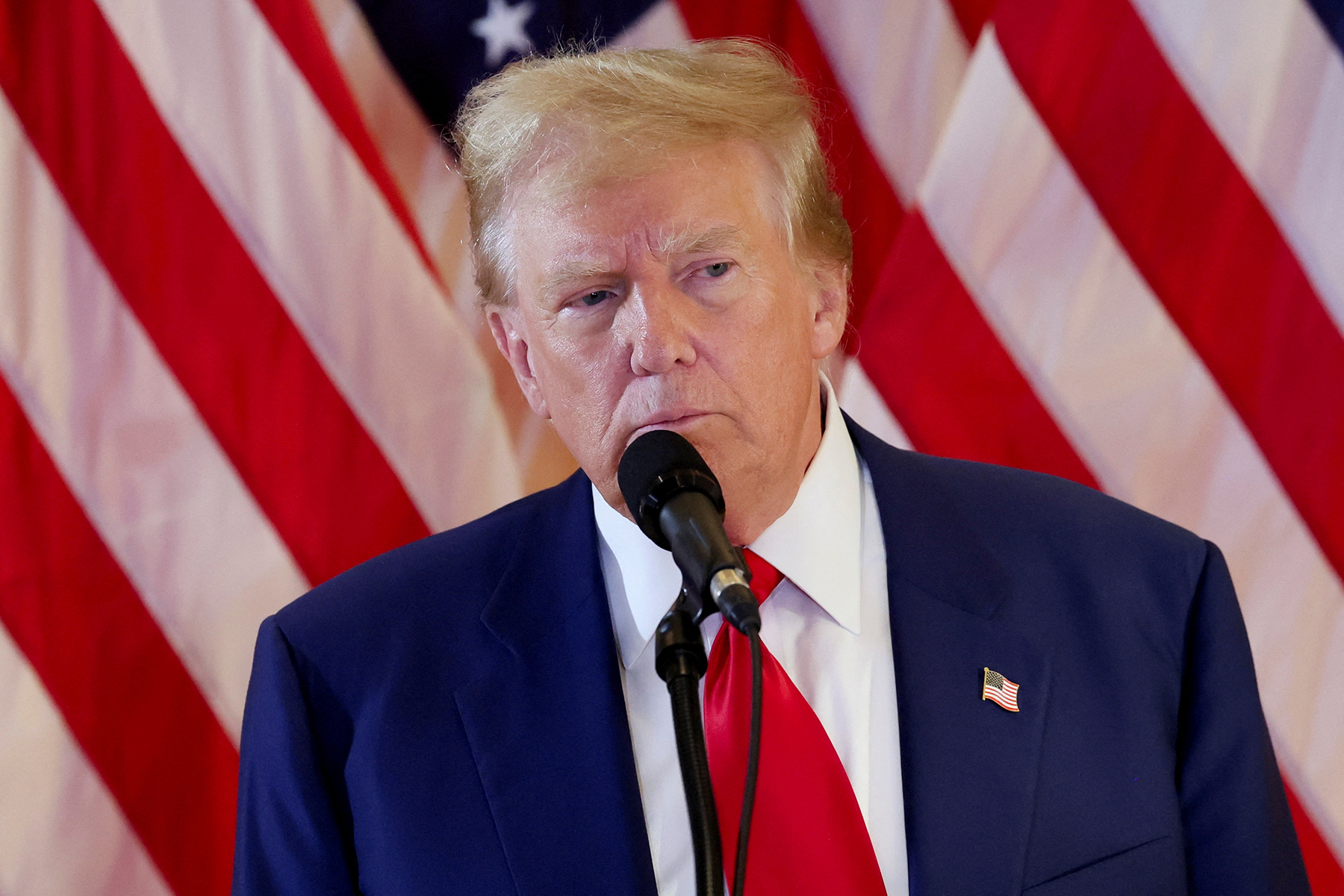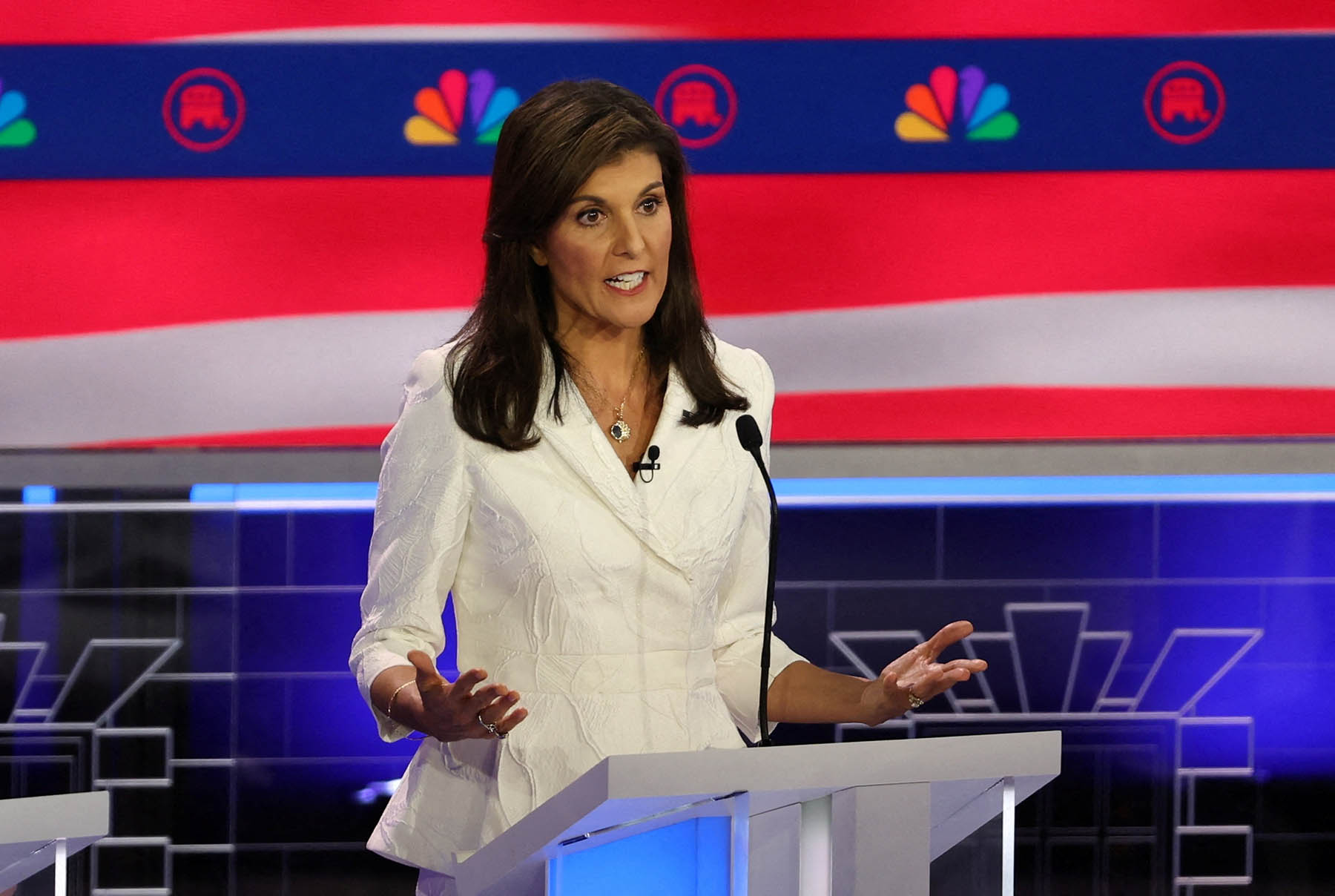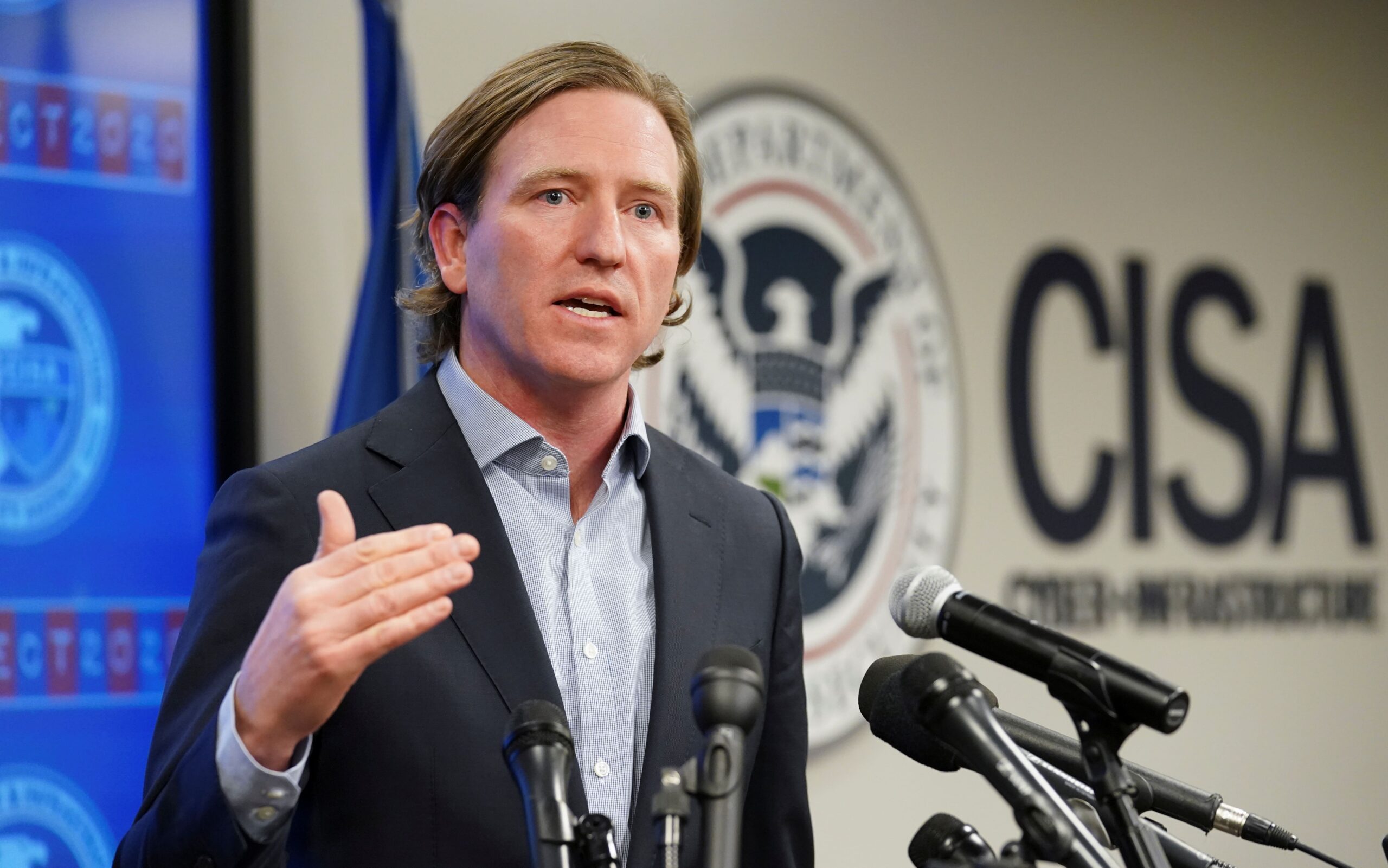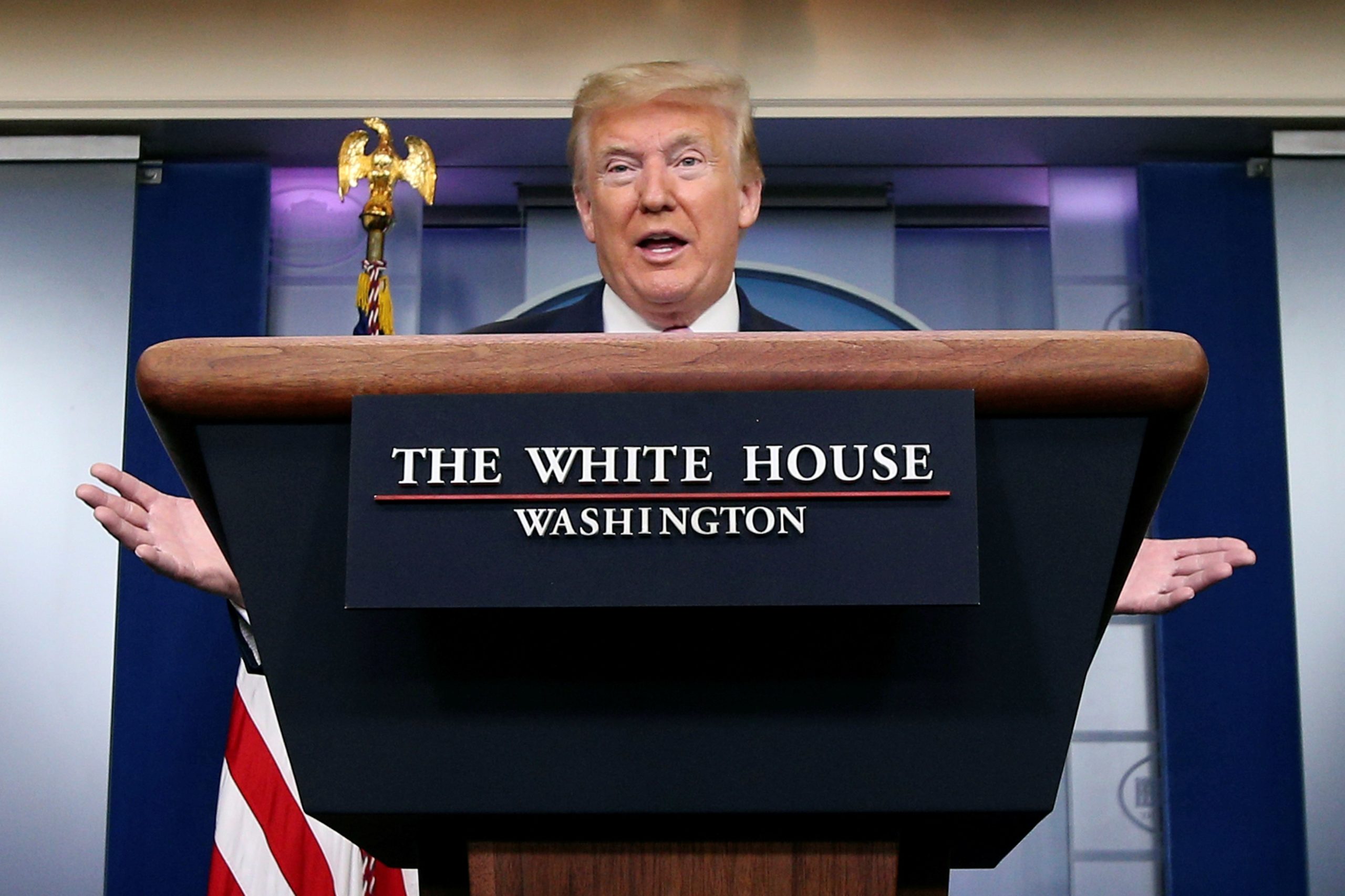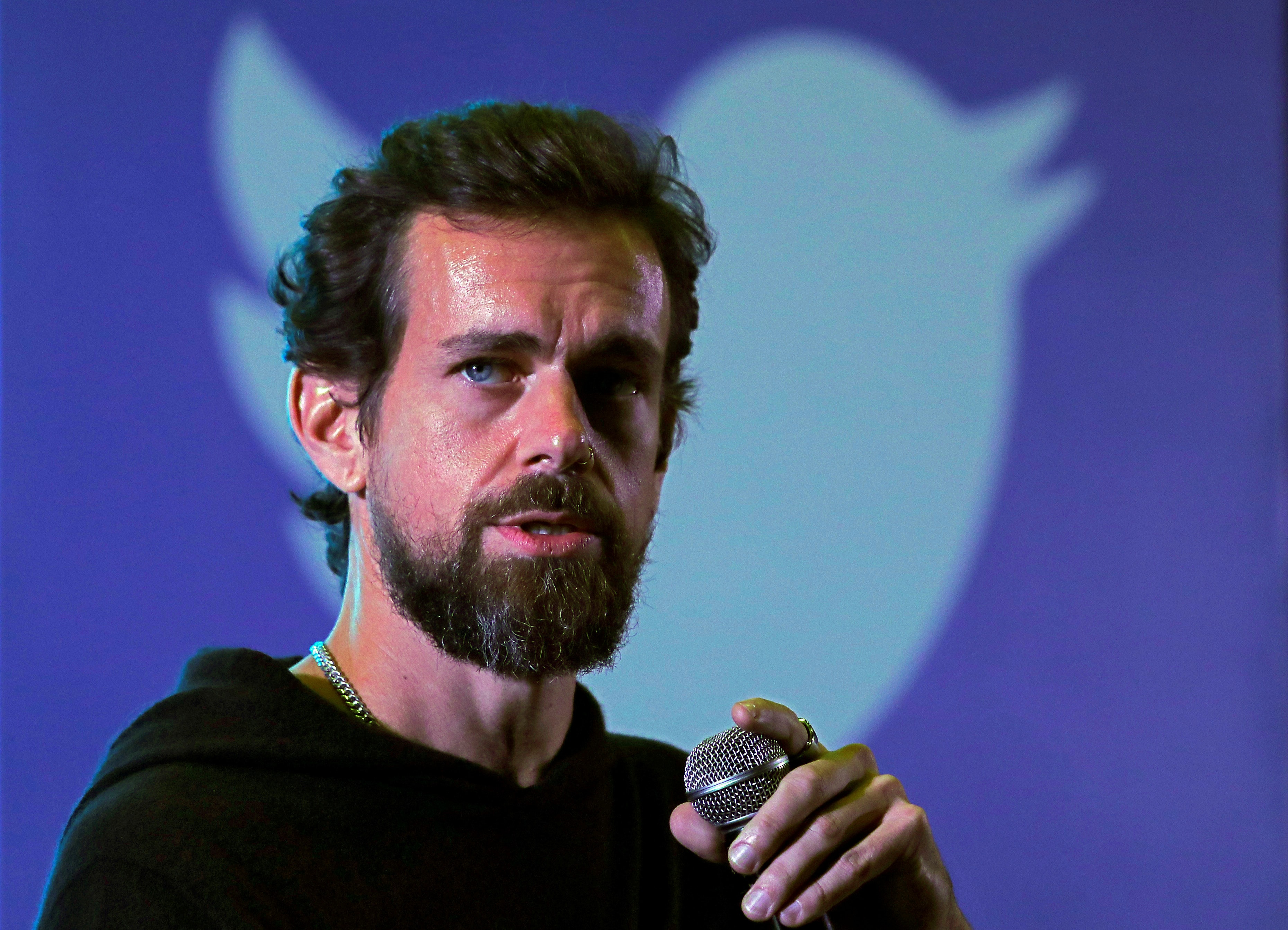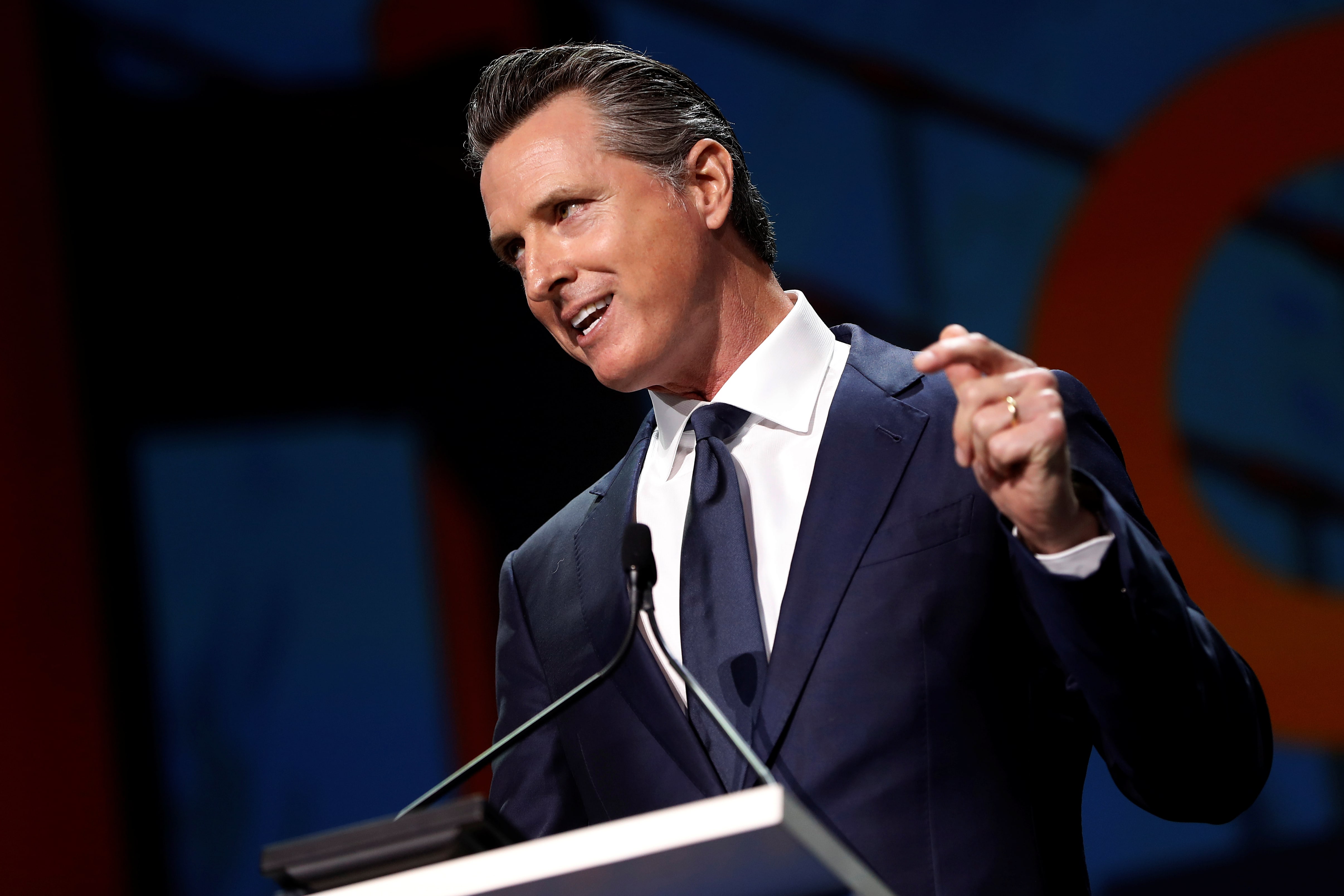Trump Order Aims to Dismantle What He Calls Government ‘Censorship’ of U.S. Citizens
The order comes after Trump and his supporters have accused the government of pressuring social media companies to take down posts over concerns around misinformation.
Facing Backlash, Nikki Haley Softens Demand That Social Media Ban Anonymous Posters
“Every person on social media should be verified by their name. It’s a national security threat,” said the former South Carolina governor and U.N. ambassador on Tuesday.
Journalistic Solutions to Misinformation and Restoring Public Trust in the News
Join us for a conversation on February 10th with Nora Benavidez on how journalists and readers can help slow the spread of misinformation and restore public trust in news. The Q&A is part of our #FAWPublicForum event series, a monthly conversation with First Amendment experts on contemporary free speech issues.
Former Cybersecurity Official Christopher Krebs Sues Trump Campaign for Defamation
Christopher Krebs, the former director of the Cybersecurity and Infrastructure Security Agency (CISA), who was fired by President Donald Trump last month, is suing Trump, Trump lawyer Joseph diGenova, and Newsmax Media for defamation and the infliction of emotional distress.
Trump Sues Wisconsin TV Station For Airing Democratic Super PAC Ad
Filed on April 13th in Price County Wisconsin Circuit Court, the lawsuit claims that the TV ad spliced together two video clips from separate campaign events to make it appear as if the president has said the phrase “The coronavirus, this is their new hoax.”
Newark Warns False Reporting of Coronavirus “Will Be Criminally Prosecuted”
In an attempt to tamp down on misinformation about the coronavirus, Newark’s Public Safety Director Anthony Ambrose released a statement on March 11th warning that any false reporting about the virus in Newark could result in criminal prosecution.
Tentative Applause Follows Twitter CEO Jack Dorsey’s Decision to Ban Political Advertisements
Twitter announced on Wednesday, October 30th that his company would no longer accept political advertising on its platform. While notably more positive than Facebook's reception, Twitter's wasn’t universally warm.
California Becomes the Second State to Restrict Political “Deepfakes”
California passed a bill that would prohibit the use of “deepfake” technology to spread false information about a candidate within 60 days of an election. While some have touted the bill as a necessary step towards addressing the spread of disinformation, others, including many free speech advocates, argue that the law conflicts with First Amendment law.
